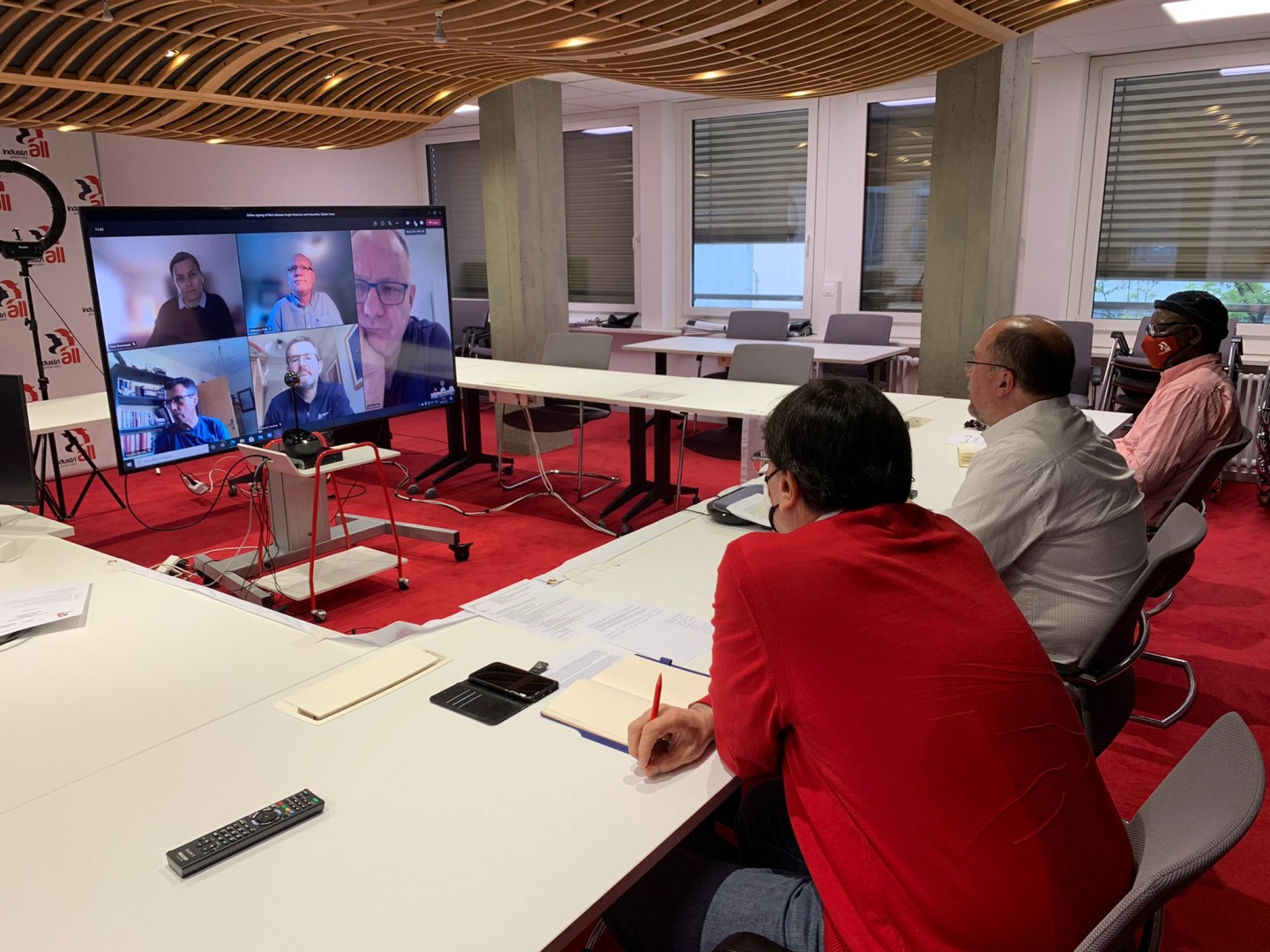
United ArcelorMittal workers in Canada vote for strike




12 May, 2021 With a near 100 per cent majority, ArcelorMittal workers in Canada’s Quebec region have rejected the last offer from company management and called for an indefinite strike over wages, pensions and broken promises.
2,500 workers of ArcelorMittal Mining Canada in Port-Cartier, Fermont and Fire Lake participated in the vote, which returned between 97 to 99.8 per cent support to reject the company’s offer and in support of an indefinite strike.
"Taking the hard way out, our members decided to strike so that ArcelorMittal would share its staggering profits with the workers, for the benefit of their region, rather than just the shareholders,”
says Dominic Lemieux, Metallos (USW) Quebec director.
Workers had organized permanent picket lines in front of the company's facilities in Port-Cartier and Fermont.
The union is demanding better wages and pensions, improved working conditions as well as premiums for living in the North. As the price of iron is at a record high, workers argue it is high time that ArcelorMittal respect and acknowledge their immense contribution.
In addition, promises made during the 2017 negotiations have not been fulfilled, for example with regards to the hygiene of certain sites and the quality of some food served to workers.
Valter Sanches, IndustriALL Global Union general secretary, expresses solidarity with the workers and demand that ArcelorMittal returns to the bargaining table:
“The high level of support from the workers is a very direct indication of the trust between the members and their union. This is a clear signal to ArcelorMittal management to immediately return to the bargaining table and negotiate in good faith to find a solution."
IndustriALL informed ArcelorMittal global union network members and asked to extend solidarity to their sisters and brothers in Quebec, Canada.
















